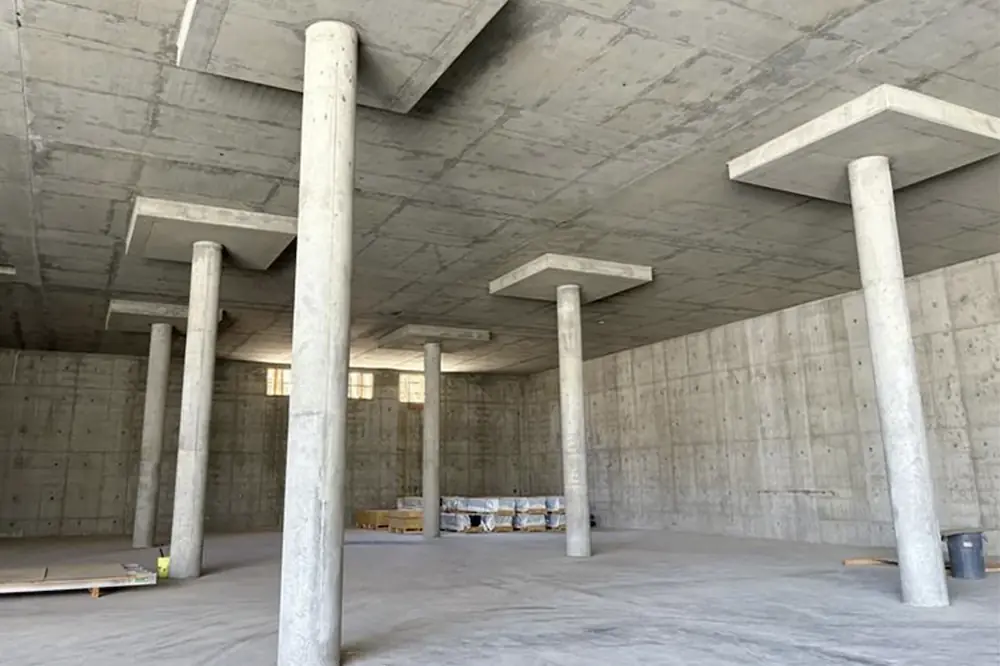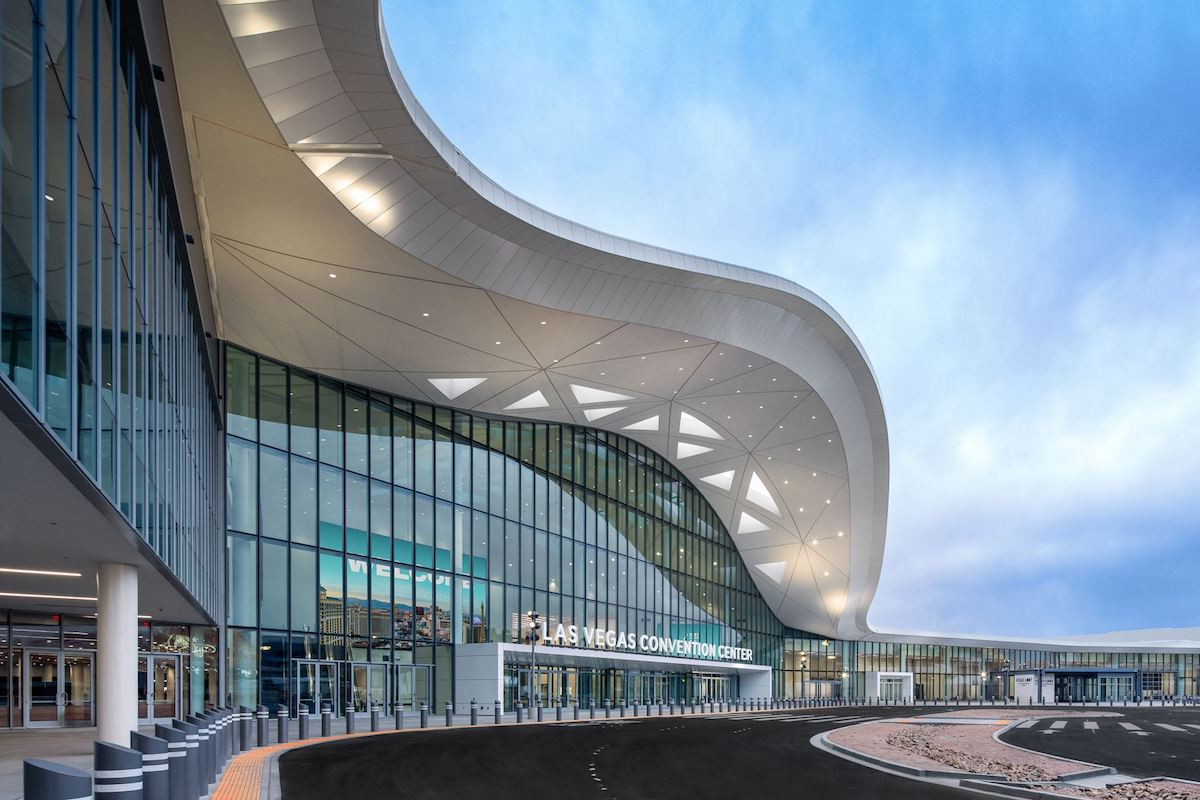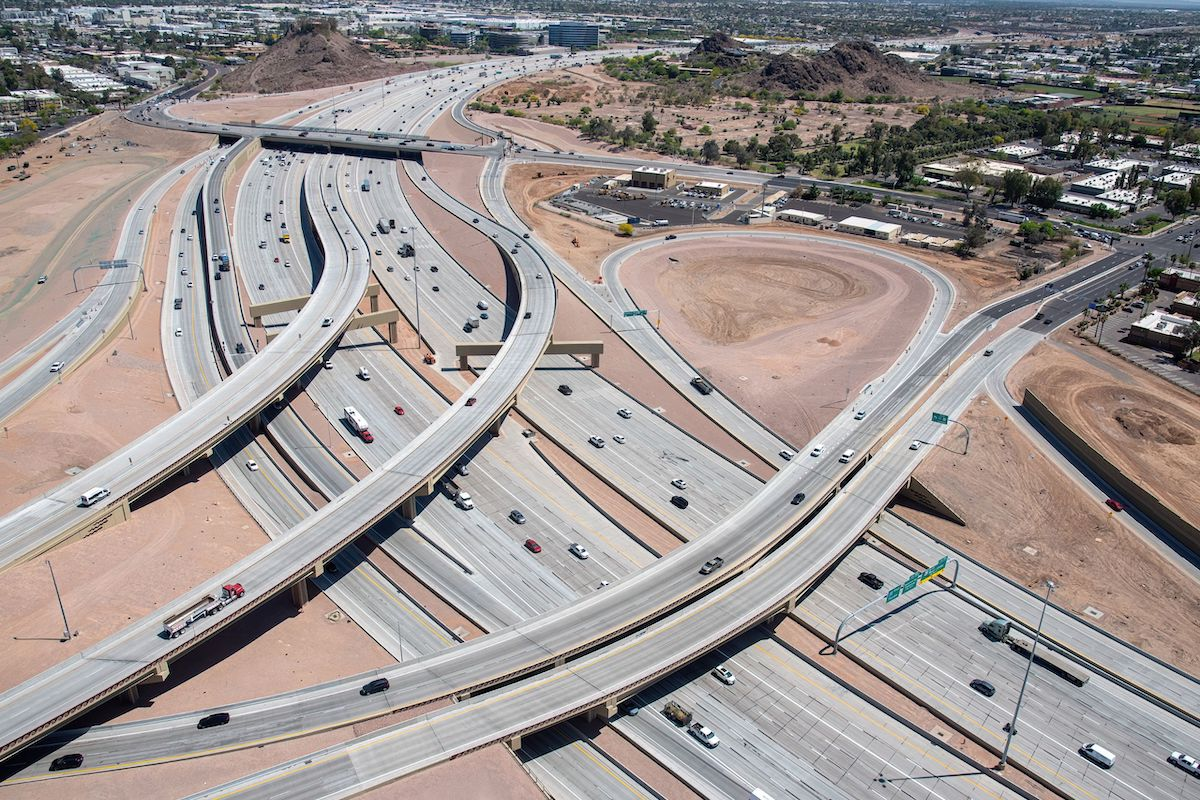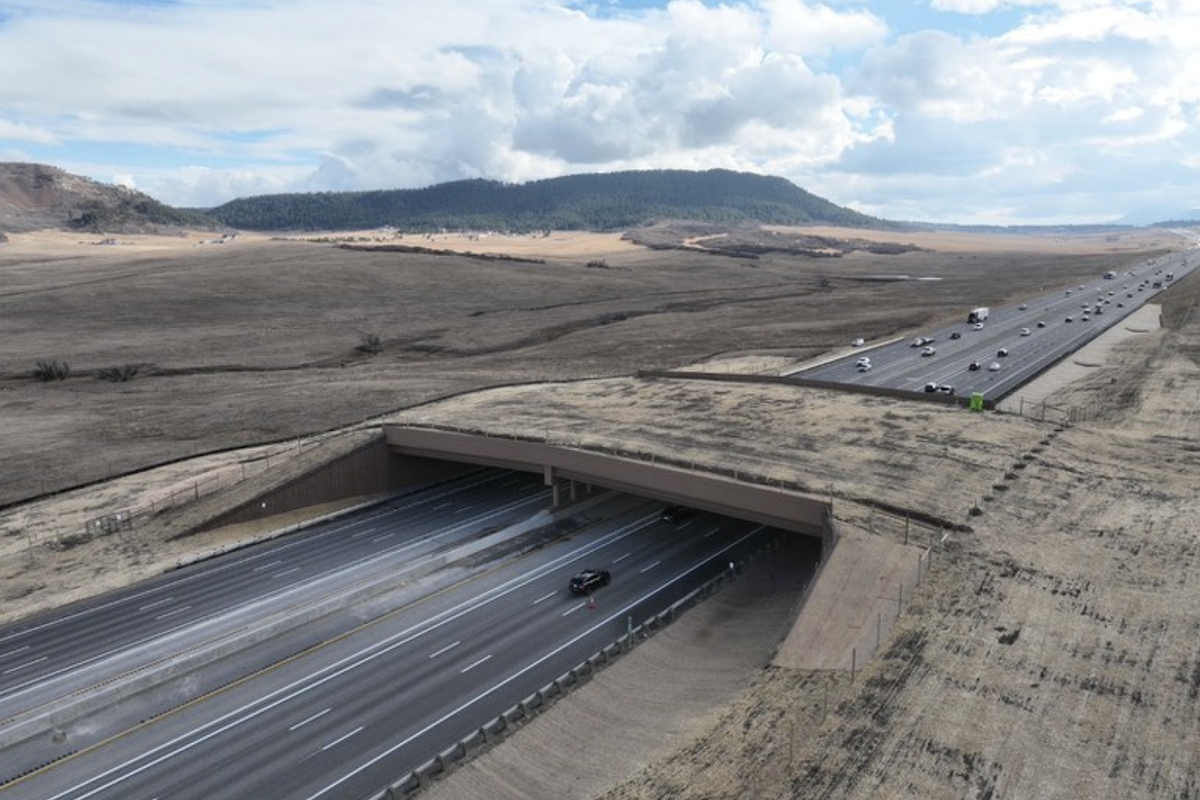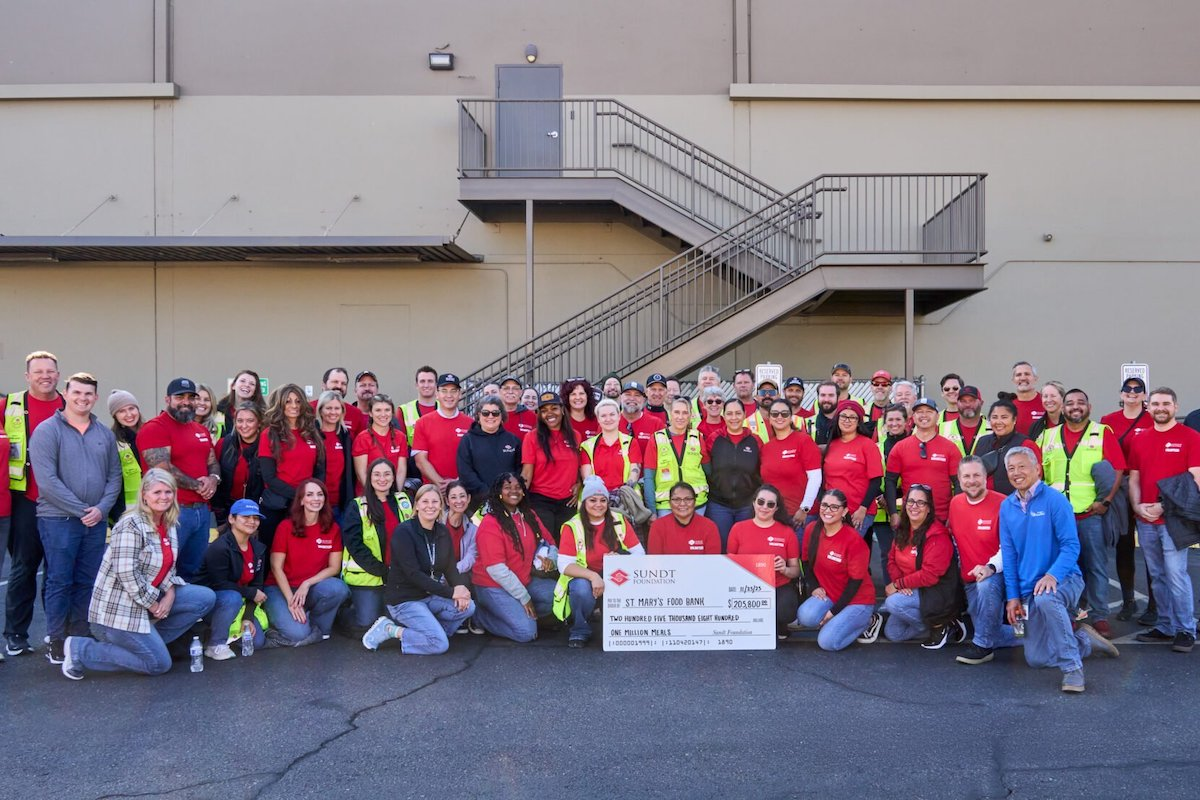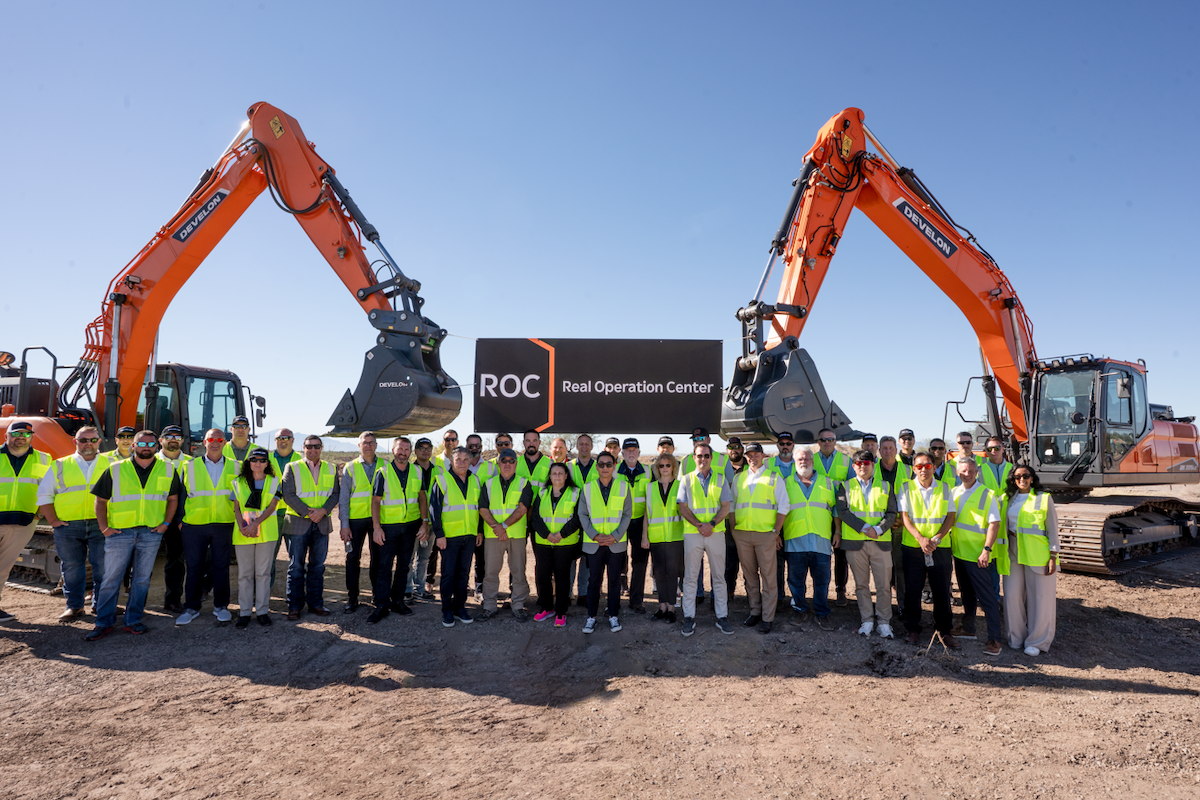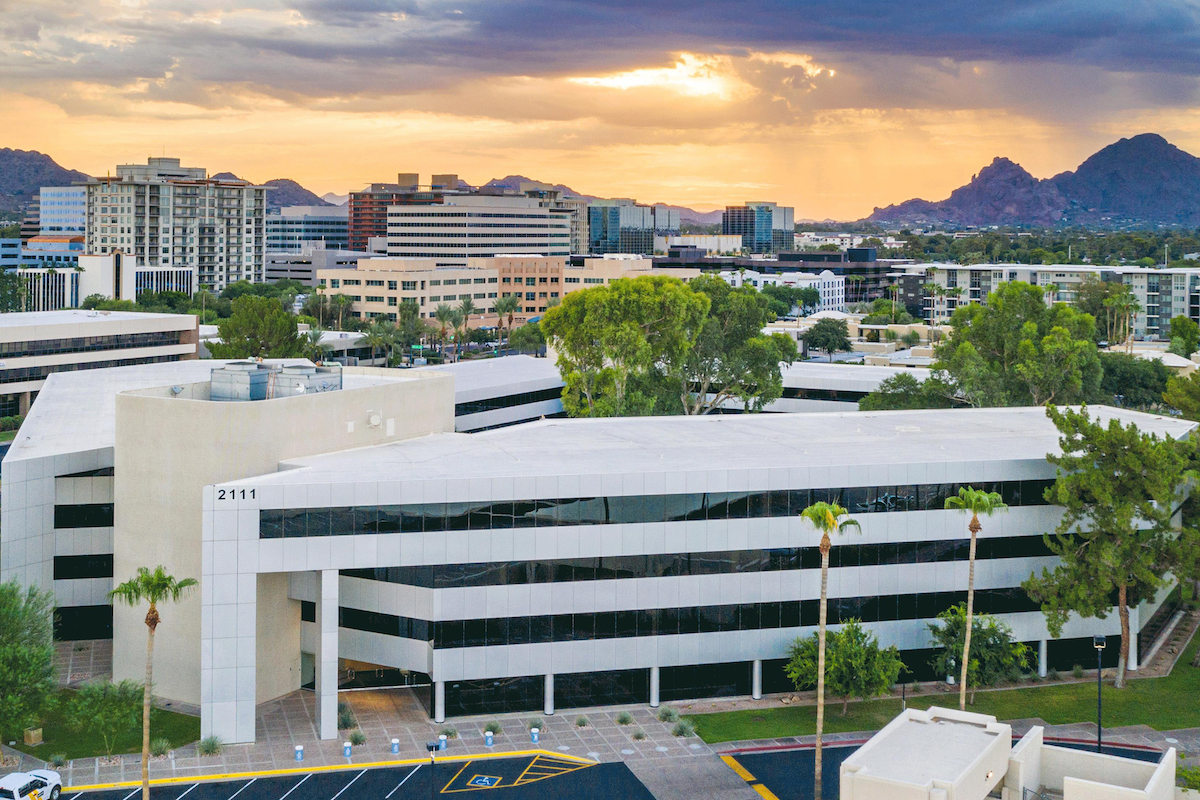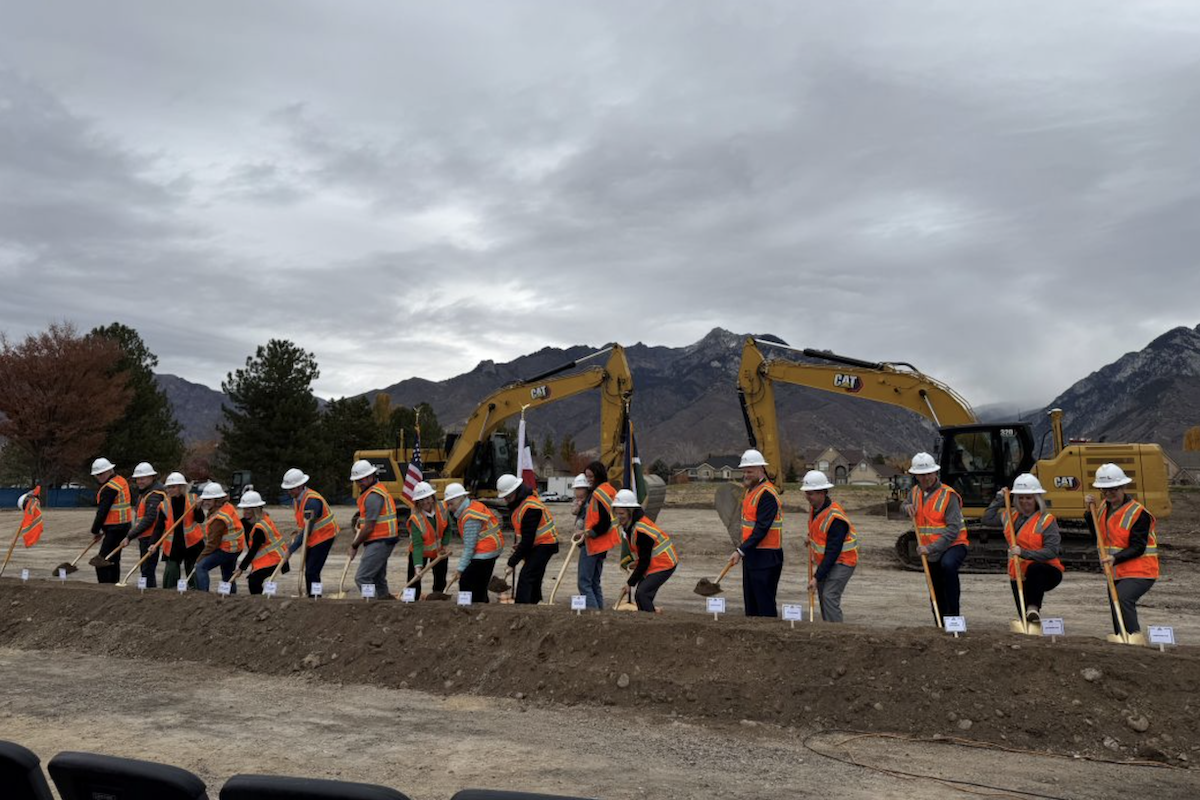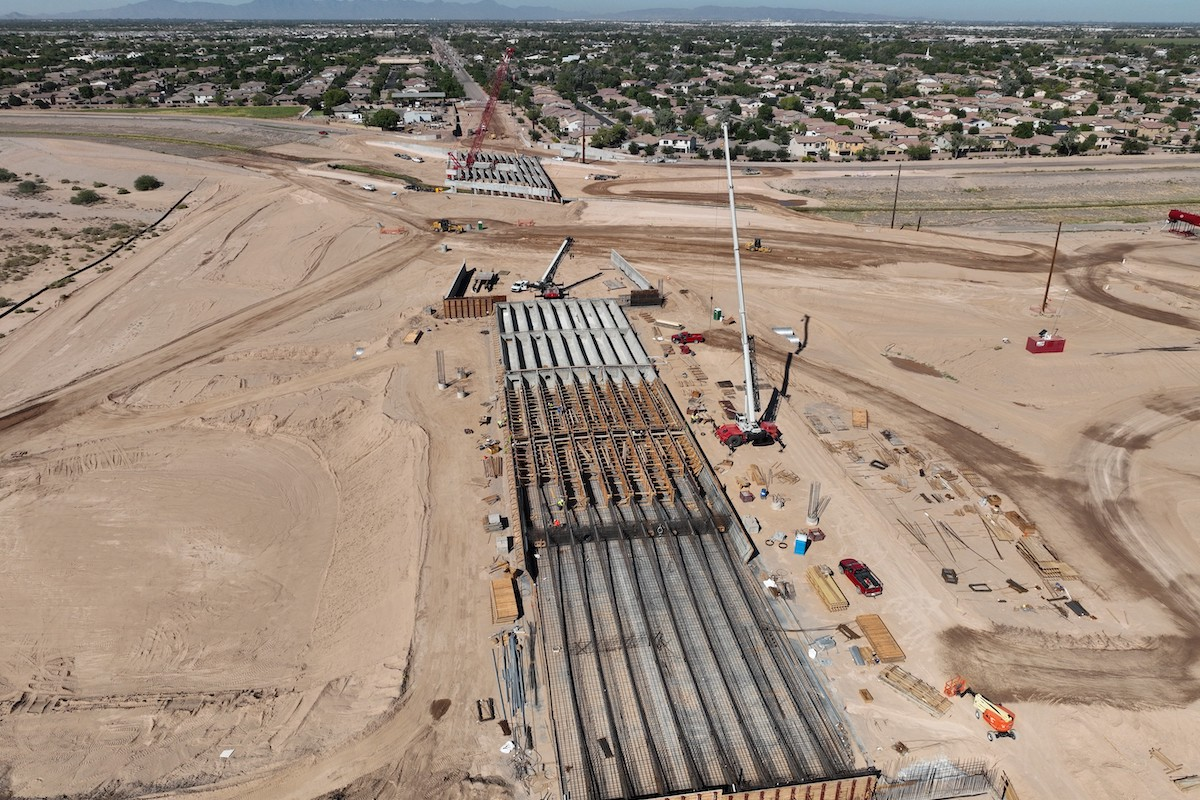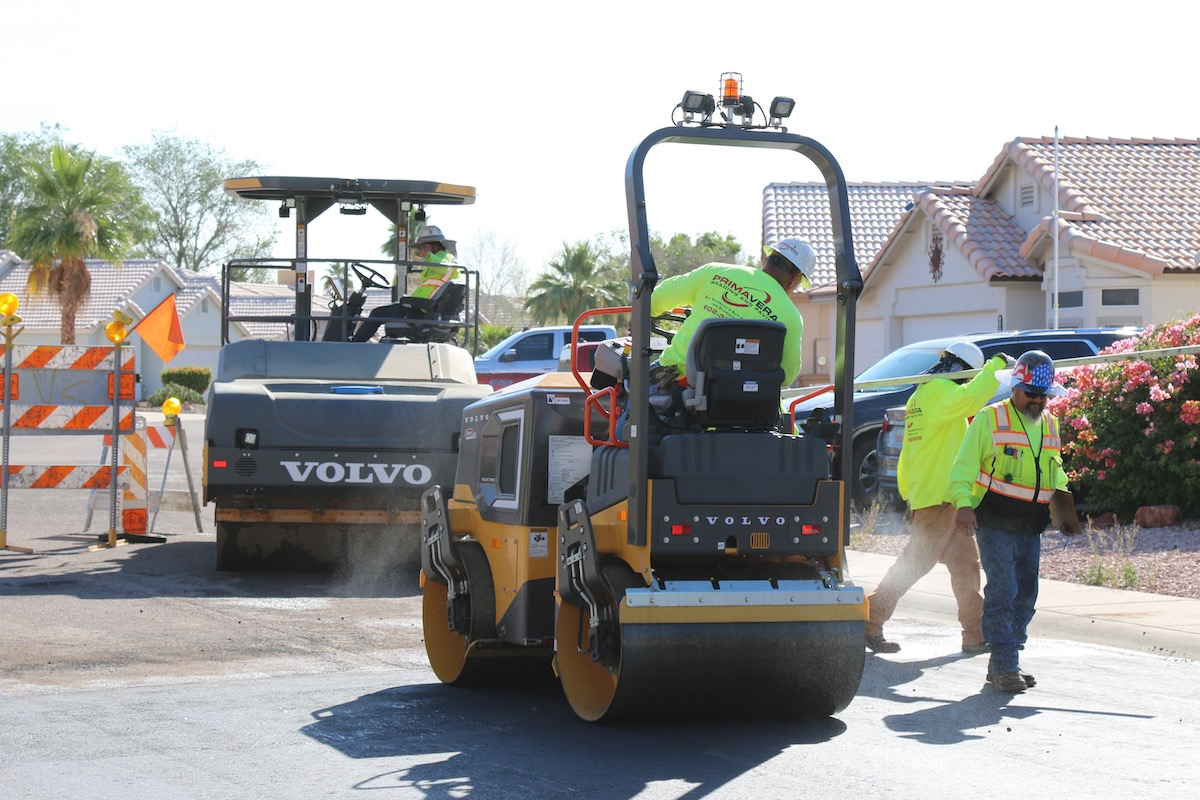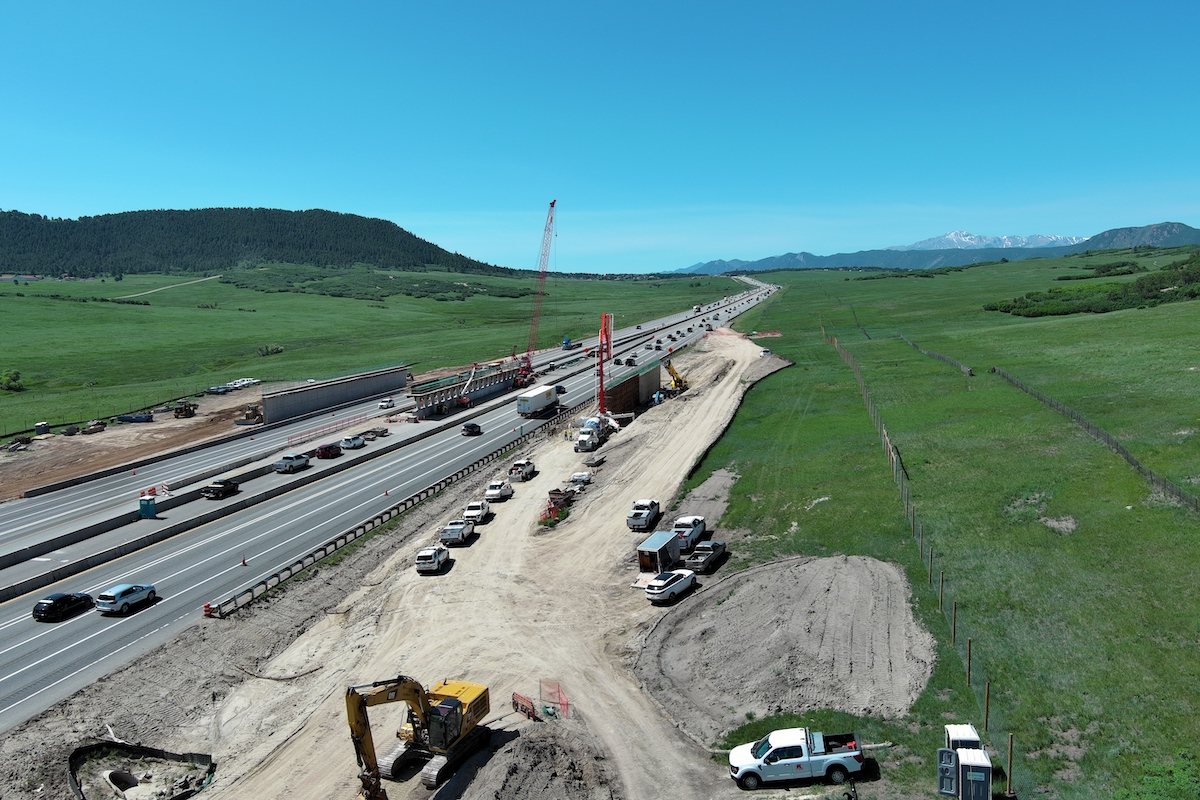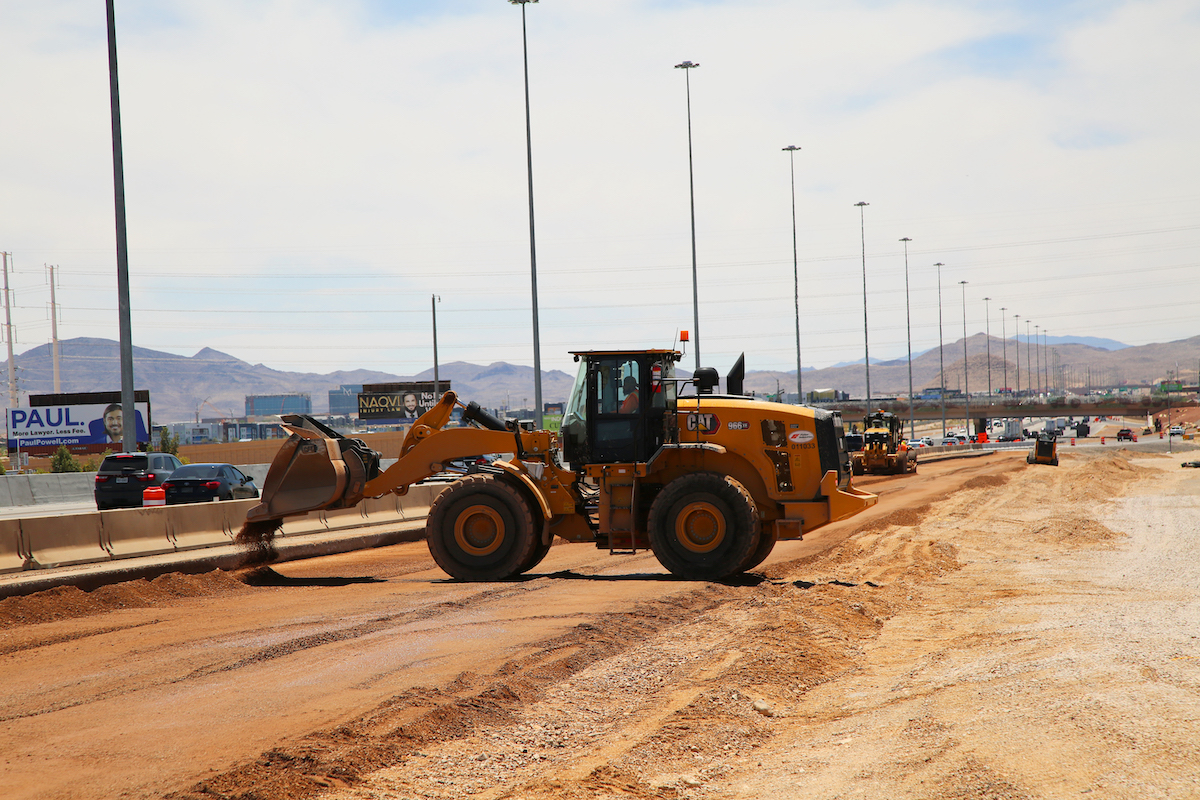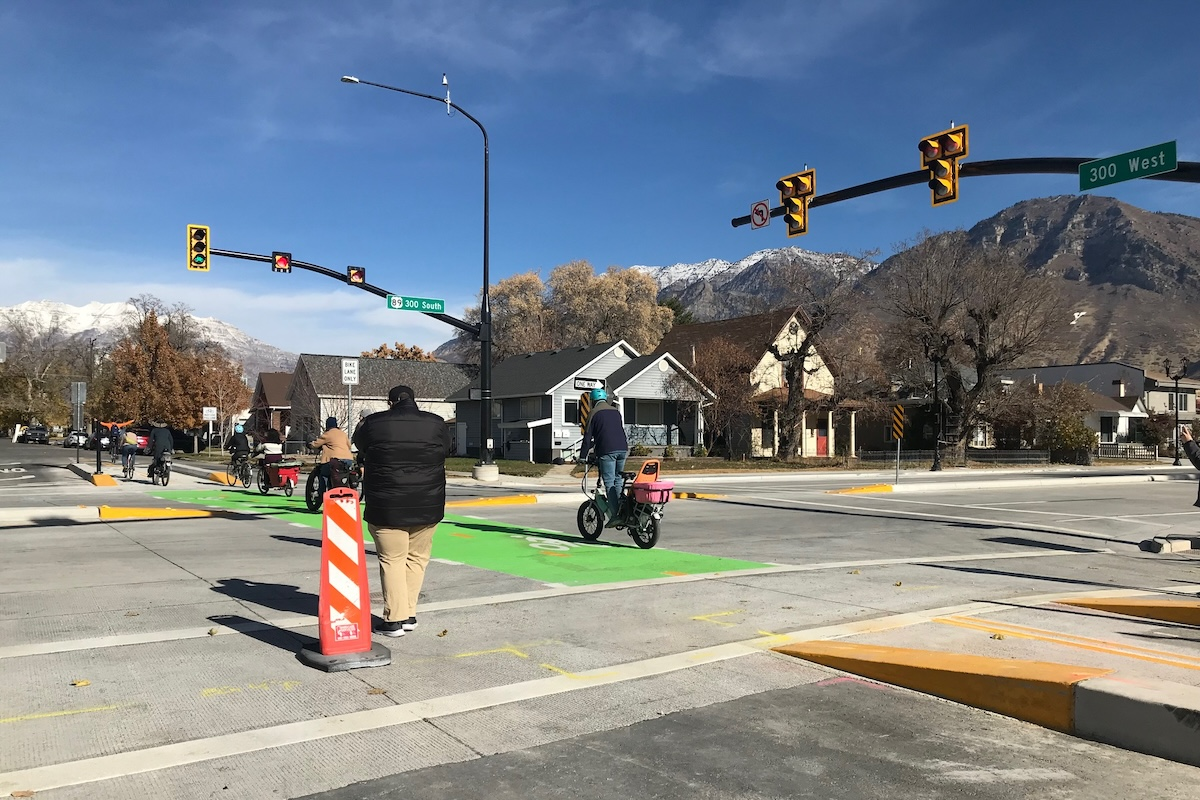“We have had two of the best legislative sessions, this year and last year, that the department has had in the last 35 years,” says Brad White, Executive Director of MDOT.
State leadership provided funding from the state’s reserves and other revenue to support transportation. This past session, MDOT received $620,000 in additional state funds to let projects and start construction. That money and federal dollars enabled the transportation commission to let $964 million in contracts last year, an 80 percent increase from the average of the prior five years.
“We are doing a lot more work than we normally would,” White says. “There will be a lot of orange barrels around Mississippi in the months and years to come.”
When the Mississippi Transportation Commission appointed White in 2021, department’s employees’ wages had not been increased in many years and MDOT was losing competent employees to better-paying jobs. White sought to adjust salaries to pay more competitively, helping to retain existing staff and recruit new engineers and maintenance workers.

| Your local Volvo Construction Equipment dealer |
|---|
| Faris Machinery |
| Faris Machinery |
“We have come a long way, but we still have a long way to go with our salaries,” White says. “We need to be able to have a team in place to maintain the $65 billion investment in assets, as well as the team to continue moving new projects along.”
MDOT maintains more than 29,000 highway lane miles, with 5,825 bridges and structures. It also oversees 82 airports, river and seaports, and public transit routes. The department employs about 2,575 people. White describes the work environment as a family atmosphere.
“They genuinely care about their fellow Mississippians and the people traveling through the state,” he says. “We have talented people here who know how to do their jobs.”
White says he tries to stay out of his employees’ way and aims to support them, cheer them on, and ensure they have the tools and resources to do a good job. He attributes the department’s success to its people.
“One of the things I do very well is get out of the way,” White says. “It’s important. I am not a micromanager. I try to use my strengths to lift up the whole team.”
White says he believes taxpayers must know what the department is doing and why and how it benefits them to get people on board with MDOT plans.
“If we can have the support of the taxpayers and the people who use the transportation system, it’s not nearly as difficult to get the leaders to work with us to find solutions for the things their voters need and want,” White says.
“I’ve been blessed with a good career,” White says. “Through all of those positions, I got to know most of the members of the legislature very well on a personal level and there is no doubt that helped me when I became director of MDOT. I already had established credibility, something I could use for the betterment of MDOT.”
White learned how MDOT functioned during his first job as an assistant to the late Commissioner Dick Hall – a member of the Mississippi Transportation Commission and the longest-serving commissioner in Mississippi history.
“That time allowed me to gain an understanding of the organization of the Department of Transportation and how a work product flows through the agency,” White recalls. “I was lucky to have that work experience with the department.”
White earned a bachelor’s degree in business management from Belhaven University in Jackson, Mississippi.
“The part of the bill that was important to us at MDOT was the reauthorization of the Federal Highway Administration’s activities in Mississippi,” White says. “It has helped us by providing additional funds.”
The current five-year authorization is nearly $1 billion more than the $2.5 billion in the prior five years.
“That extra funding allowed us to start back on our capacity program, which due to a lack of funding had been dormant,” White says. “These are big construction projects.”
Large projects in the plans include building a Greenville bypass, widening Interstate 55 in the high-growth DeSoto County area, widening of Highway 15 in the northeastern part of the state, and improving hurricane evacuation routes in south Mississippi.
“These projects not only enhance the safety and efficiency of the traveling public, but they also serve additional purposes, such as economic and community development,” White says.
MDOT determines what projects to start based on data. Staff looks at where the greatest needs are and then focus on those areas for maintenance and repairs. The elected transportation commission determines what major capacity projects move forward once they meet certain metrics. The department provides a budget.
“Our needs outweigh our funds, so we are always scratching to move forward,” White says.
Looking ahead, White would like to see a recurring revenue stream from the state. “There needs to be reliable, adequate funding we can count on, so we can program projects into the future and carry this core function of government into future decades,” White says. “That’s the biggest challenge we are facing.”
Photos courtesy of the Mississippi Department of Transportation




















